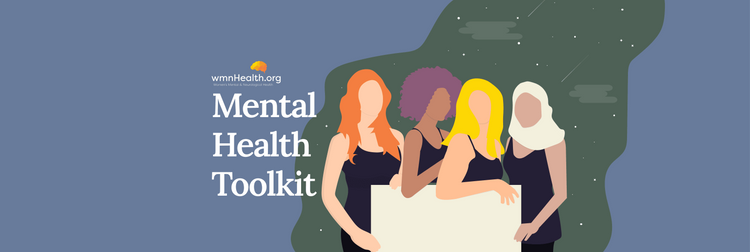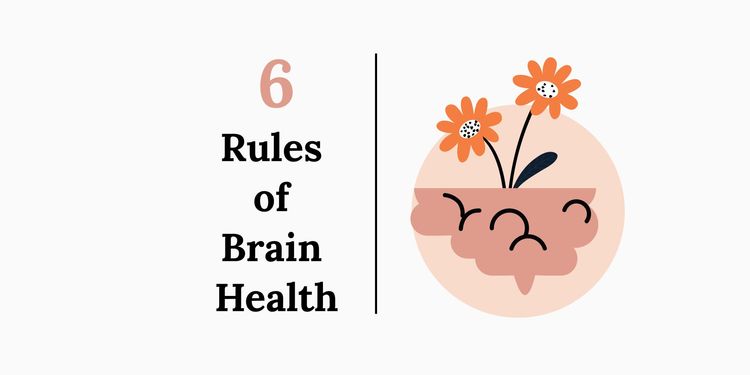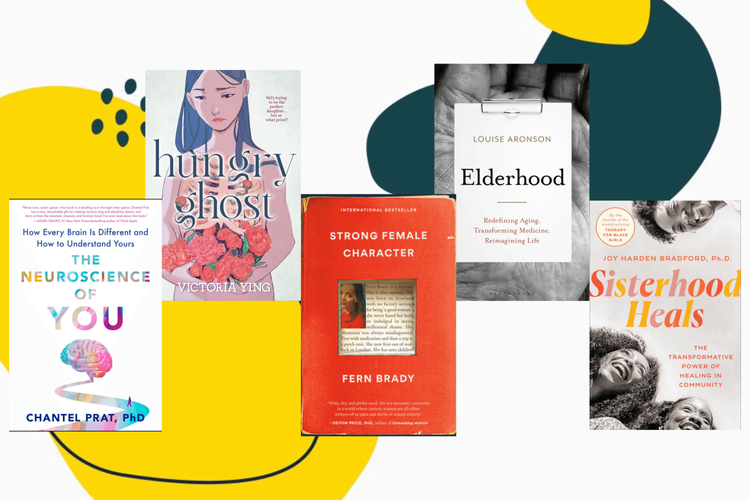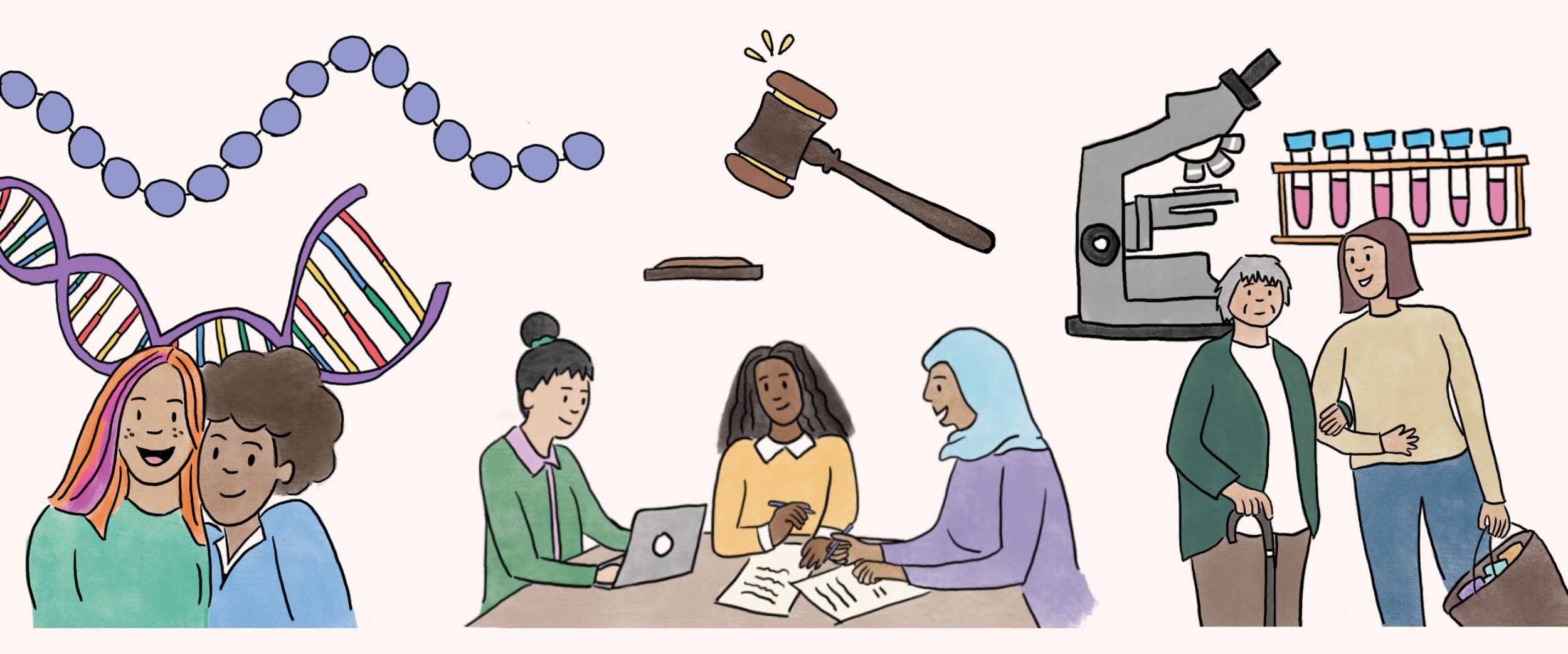
Dec 13, 2023, 5:00 am UTC
6 min
Created by
Year in Review: 10 good news stories in women’s brain health in 2023
Good news on women’s health is hard to come by. Instead, headlines about the dire health consequences of simply being a woman dominate our attention. Maternal mortality. Medical gaslighting. Stigma, discrimination, and neglect. Delayed and missed diagnoses. The gender pay gap. The gender brain health gap.
So, what did 2023 change?
There were remarkable new developments in basic science, clinical research, health policy, and the broader culture.
A paradigm shift in how we think about the female brain? ✔
A life-saving medication for a female-specific psychiatric disorder? ✔
An acknowledgement that climate change is both a women’s issue and a health issue? ✔
Read on for our selection of 2023's good news stories on women’s brain health. Breaking barriers — in science, medicine, and society at large — is hard. Sometimes, in order to carry on, we need to pause and take stock of what has been accomplished.
This is by no means a complete list. Let us know what we got right or wrong, plus your suggestions by sending us an email at [email protected] or DMing us on Instagram or LinkedIn.
This article covers:
1. First disease-modifying drug for Alzheimer's approved2. "Mommy brain" viewed as a gain, not a drain
3. U.S. White House established a women's health research iniative
4. Biomarker discovered for Parkinson's disease
5. Treatment for postpartum depression approved
6. Climate change declared a gender equality and health issue
7. Link between dementia and gender inequality established
8. Multiple sclerosis drugs added to Essential Medicines List
9. Menopause had more than a "moment"
10. Chronic traumatic encephalitis diagnosed in a female athlete
1. FDA approved lecanemab — the first disease-modifying treatment — for Alzheimer’s
This year, the first disease-modifying treatment for Alzheimer’s — meaning a drug that targets and affects the underlying disease process of Alzheimer’s instead of only the symptoms — hit the market. Known as lecanemab-irmb (sold as Leqembi), it targets a protein called amyloid beta that accumulates in the brains of people with Alzheimer’s. Clinical trial data showed that Leqembi slows cognitive decline, especially in people in the early stages of Alzheimer’s, though the benefits are modest.
After decades of high-profile failures for Alzheimer’s drugs in clinical trials, the results have lit up the field — and spurred hope that lecanemab will have a meaningful impact on patients' lives.
However, the drug has very serious side effects. Also, it is unclear whether it is as effective for females as males, partly because the trials weren't designed to assess sex or gender differences.
Still, with similar immunotherapy drugs under development, there will likely be more viable Alzheimer's therapies in the near future. Perhaps, in addition to spurring a revolution in Alzheimer’s care, these drugs will also upend the way brain health research is done to take sex and gender into account.
Related story
Beyond Statistics: The impact of neurodegenerative diseases in women
2. "Mommy brain" viewed as a gain, not a drain
Pregnancy remodels the brain circuits that control parenting behaviors, according to a recently published study in mice. The scientists behind the work pinpointed a set of neurons sensitive to the sex hormones estradiol and progesterone. When these neurons were activated by the hormones, the animals became more responsible to their pups. The researchers said a similar mechanism is likely at play in humans.
The study supports what experts on the maternal brain have been saying for years: The brain undergoes profound changes during pregnancy and the postpartum period that prepare mothers for the demands of parenthood. In fact, in a February commentary published in a prestigious medical journal, a trio of neuroscientists argued that the concept of “Mommy brain” — referring to a phase of cognitive haziness or forgetfulness that many women experience — needs a rebrand. The concept currently focuses people’s attention "on what may be a small decrease in particular aspects of cognitive function, while at the same time ignoring the faculties that are gained during this period of life,” they wrote. In other words, it’s time to think of the transition to parenthood as a brain gain — not a brain drain. With new research unraveling the powers of the parental brain, that is beginning to happen.
Related story
 3. The White House established the first-ever U.S. Initiative on Women’s Health Research
3. The White House established the first-ever U.S. Initiative on Women’s Health Research
A new initiative promises to fundamentally change how the U.S. approaches and funds women’s health research “in order to give women and their health care providers the tools and information that they need to more effectively prevent, diagnose, and treat these conditions — from rheumatoid arthritis to menopause to Alzheimer’s disease to cardiovascular disease to endometriosis.”
When President Joe Biden made the announcement on November 13, he charged the Initiative members with delivering concrete actions within 45 days to advance women’s health research and setting priority areas where additional investment in women’s health research could be transformative.
Why is this important? According to an analysis by the U.S.-based advocacy group Women’s Health Access Matters, doubling the current budget dedicated to four diseases that disproportionately affect women — including Alzheimer’s — would save nearly 20,000 life years and almost 40,000 years with disease for women over 30 years.
Stay tuned for more.
Related story
4. Reliable and accurate biomarker discovered for Parkinson’s disease
In 2023, researchers announced the discovery of a biomarker — a biological indicator of the presence or severity of a disease — for Parkinson’s. Called an alpha-synuclein seed amplification assay, it detects the presence of misfolded alpha-synuclein proteins in spinal fluid in people diagnosed with Parkinson’s as well as individuals who have not yet been diagnosed or shown clinical symptoms of the disease. The discovery lays the foundation for the development of a biological diagnosis of the disease.
“We've never previously been able to see in a living person whether they have this alpha-synuclein biological change happening in their body,” said Todd Sherer, chief mission officer at The Michael J. Fox Foundation (MJFF), in a statement. The MJFF spearheaded the Parkinson’s Progression Marker Initiative, a research collaboration aimed at identifying biological markers of Parkinson’s risk, onset, and progression.
The new assay has a few drawbacks, such as requiring a spinal fluid sample. It also doesn’t indicate how advanced the biological changes are in a person with the disease. As a result, work to discover, develop, and validate additional biomarkers for Parkison’s— in males and females — is ongoing.
Related story
The "Protein-misfolding problem": How some neurodegenerative disorders intersect
5. Zuranolone — the first oral treatment for postpartum depression — approved by the FDA
Approximately 1 in 5 women experience crippling sadness during pregnancy and the postpartum period. The saddest part? Postpartum depression (PPD) continues to be one of the worst-kept secrets about parenthood, with as many as half of new mothers with PPD going undiagnosed.
Fortunately, new hope for these parents — and their families — is emerging. First, earlier this year, the U.S. Preventive Services Task Force recommended screening pregnant and postpartum persons for depression, meaning more cases of PPD are now more likely to be caught. Second, the FDA approved zuranolone (sold under the brand name Zurzuvae), the first pill for postpartum depression. It's developed is being hailed as a "scientific triumph," though experts are concerned the drug's price tag may curb access.
Other antidepressants can be used to treat the condition. But zuranolone is fast-acting and meant to be taken for just 14 days. It is so effective because it targets PPD’s specific biology. In doing so, the drug sends the message that biology, not a personal weakness, is at play in the condition.
“The more we can provide evidence that this is just a biological phenomenon and it has nothing to do with your capability to be an excellent mother — that’s the best thing we can do to destigmatize postpartum depression,” according to Jamie Maguire, Professor of Neuroscience, Tufts University School of Medicine.
Related story
The Complicated Reality of Motherhood: Postpartum depression
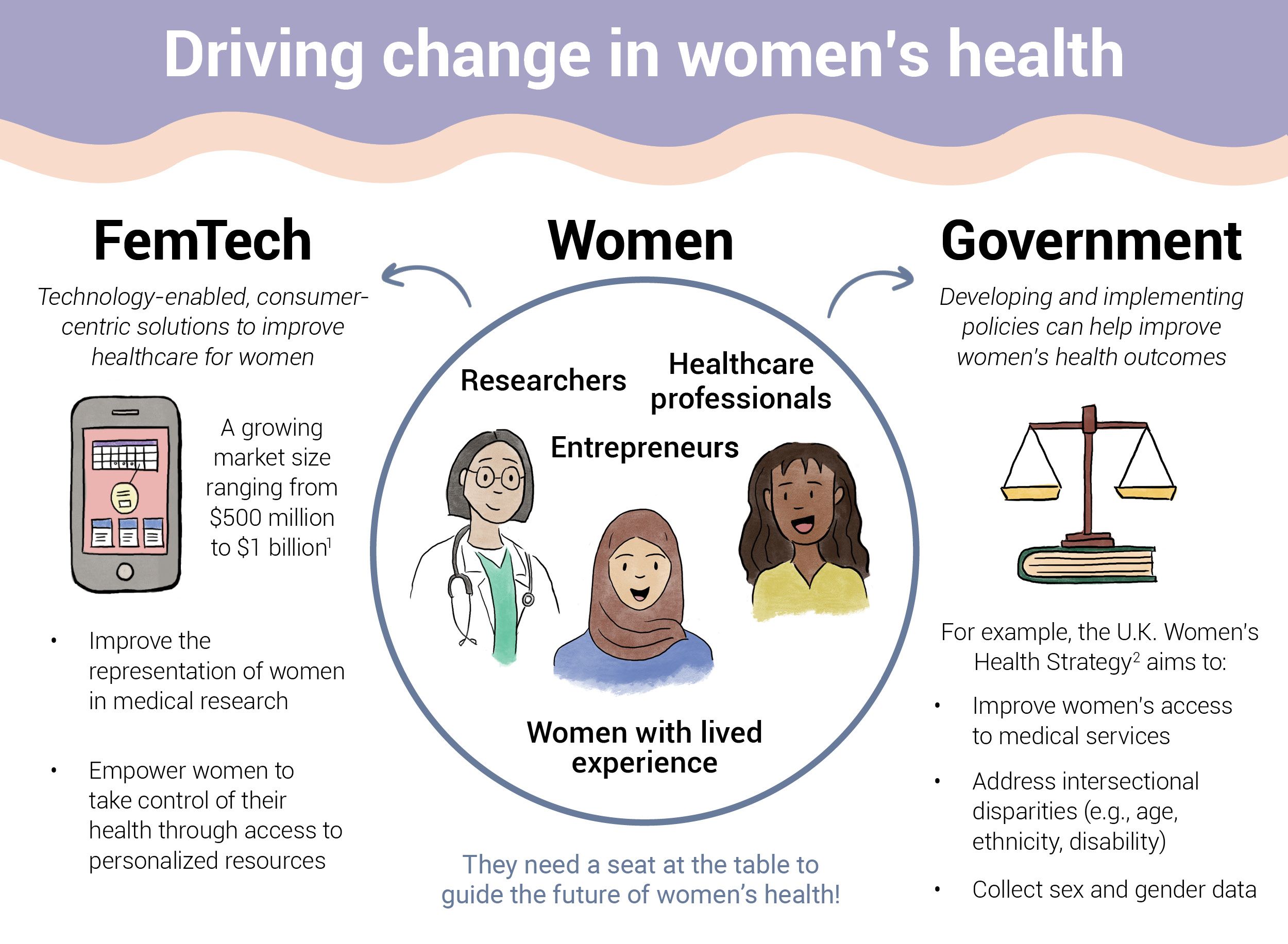 Infographic by Cat Lau. (References below.)
Infographic by Cat Lau. (References below.)6. Climate change declared a gender equality and a health issue, with women's health front and center.
At the UN climate conference, COP28, in Dubai, world leaders recognized that climate change does not affect everyone equally and launched a partnership to bring about a just transition that is gender responsive.
“Climate change is not gender neutral — it disproportionately impacts women and girls. Already, the climate crisis amplifies existing gender inequalities and poses a serious threat to women’s livelihoods, health and wellbeing….” declared UN Climate Change High-Level Champion Razan Al Mubarak.
COP28 capped off a year of extreme weather events that drove home the health risks — including to brain health — associated with heat waves and other climate disasters. There are mental health conditions like anxiety, depression, and post-traumatic stress disorder associated with extreme weather events. There are heat- and stress-related changes in cognitive function. Then, there is the knock-on effect of climate change on existing health inequities, chief among them women’s health and well-being.
Research on the impact of extreme weather on the brain is still in its infancy. However, scientists believe climate-related events may change brain structure, function, and overall health.
Related story
7. Link between Alzheimer’s disease and gender inequality established
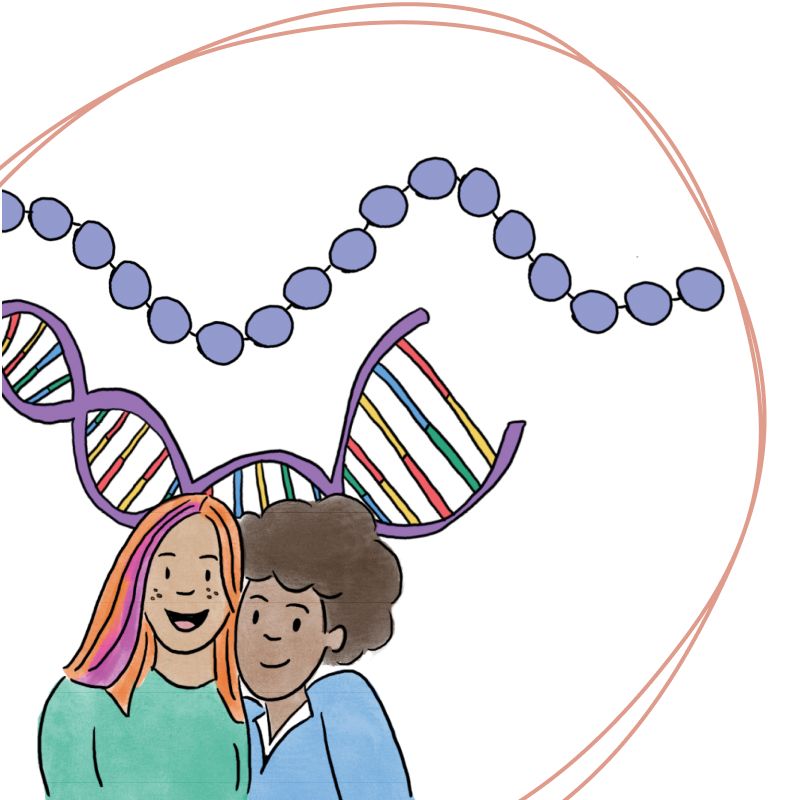 Over two-thirds of Americans living with Alzheimer's disease (AD) are women. This type of dementia slowly erodes memory, cognition, social, and behavioral skills. Until recently, brain experts have attributed gender differences in Alzheimer’s prevalence to age: Women, on average, tend to live longer than men, and the overall risk of developing the condition increases as age-related brain changes set in.
Over two-thirds of Americans living with Alzheimer's disease (AD) are women. This type of dementia slowly erodes memory, cognition, social, and behavioral skills. Until recently, brain experts have attributed gender differences in Alzheimer’s prevalence to age: Women, on average, tend to live longer than men, and the overall risk of developing the condition increases as age-related brain changes set in.
Earlier this year, an analysis of studies showed for the first time that gender is a powerful force in Alzheimer's — specifically, gender norms and their downstream effects on education, employment, and social connection profoundly affect a person's brain and risk of disease.
"If a woman isn't able to gain that education at a younger age, or not really engage with the workforce in a stimulating way, her cognitive reserve will be much lower than of men who are doing those things, increasing her risk of developing dementia," explained Jessica Gong, a research fellow at University College London (UCL) and first author of the paper.
Related story
8. Three MS drugs added to WHO’s Essential Medicines List
Multiple sclerosis affects two to three times as many women as men — and is usually diagnosed between the ages of 20 and 40, which means the condition affects people in their prime while establishing their careers and raising their families. While there is no cure, a few effective treatments can delay or slow its progression. Three of those treatments — cladribine, glatiramer acetate and rituximab — have now been added to the World Health Organization’s Essential Medicines List — a move that will help improve access to treatments for people around the world, as the list is a guide to help countries treat their priority health needs. “This decision is a major milestone for people affected by MS everywhere,” said Peer Baneke, Chief Executive Officer of the MS International Federation, in a statement about the decision.
Related story
9. Menopause had more than a "moment"
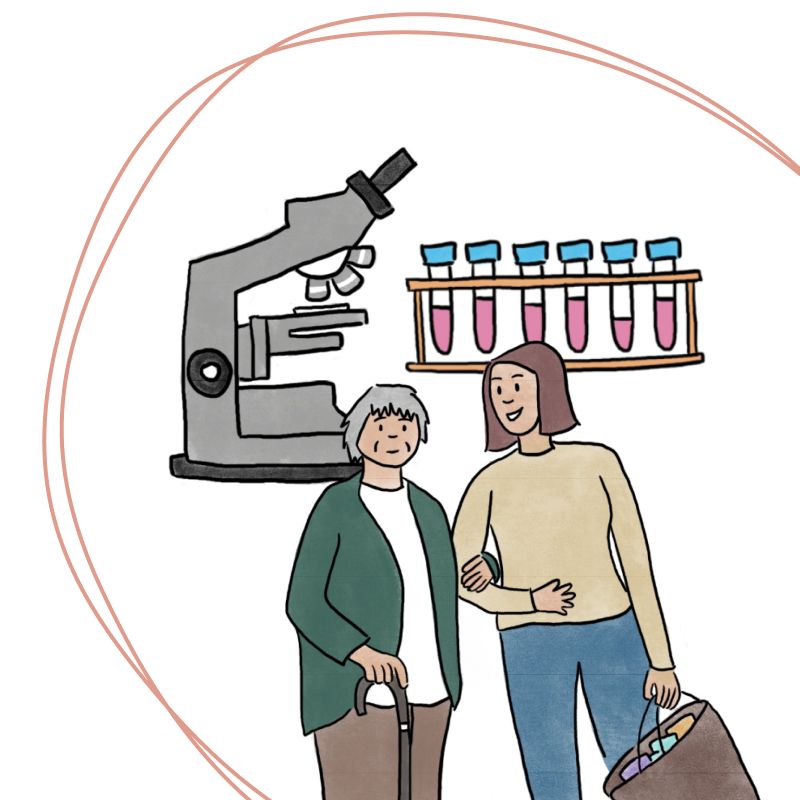 Midway through the year, the New York Times declared, “menopause is having a moment.” We’d argue it’s more than a moment.
Midway through the year, the New York Times declared, “menopause is having a moment.” We’d argue it’s more than a moment.
The ball had barely dropped on the new year when policymakers in the United Kingdom, where three in five women say they were negatively affected by menopause at work, voted down a law that would have protected the rights of women experiencing menopause.
The law may have failed, but it sparked a much-needed conversation about the unmet needs of women during perimenopause. That conversation seems to have grown louder and bolder by the day: Scientists, politicians, celebrities, and brands are boldly going where few dared go before, and by ending their silence on menopause, they are helping to smash taboos and improve women’s lives.
In science, in particular, research on the brain changes related to menopause led to the approval this year of the first non-hormonal drug, fezolinetant, to treat hot flashes — experienced by about 80 percent of women. The drug works by blocking the binding of neurokinin B to receptors in a subset of neurons in the hypothalamus, a brain region that releases hormones, controls appetite, and regulates body temperature. Blocking the receptor dampens neuronal signaling, leading to reduced hot flashes.
The research that led to the discovery of fezolinetant is just one example of a science-driven shift in how we think about menopause and its symptoms: From a condition driven by the ovaries to one that is also guided by the brain.
10. Chronic traumatic encephalopathy (CTE) diagnosed in a female athlete
Chronic traumatic encephalopathy (CTE) is a neurodegenerative condition linked with repeated head injuries. It has been on the radar of doctors and scientists for more than a decade. Yet, it wasn’t until this year that experts diagnosed the first case of CTE in a female athlete — an Australian footballer named Heather Anderson, who died by suicide in 2022. What’s more, in a recent study of athletes who played contact sports and died before the age of 30, 40 percent were found to have the condition. These findings challenge the dominant idea that CTE is only a threat to men who play professional sports.
With more women than ever playing sports, getting a handle CTE in women is imperative. There is also emerging evidence that females are at a much higher risk of suffering from mild traumatic brain injury (TBI) than males, and the effects are more severe. TBI symptoms can look different, too: While concussions in males often lead to amnesia, females are likely to experience prolonged headaches, brain fog, and mood changes after TBI. Untangling these sex differences is the first step to achieving equitable care and support for all people with the condition.
Related story
5 Things you should know about traumatic brain injury (TBI) in women
Infographic References
- The Dawn of the FemTech Revolution, McKinsey & Company (accessed June 26, 2023)
- The Women’s Health Strategy: ambitions need action and accountability.
Article last updated on December 22, 2023.
